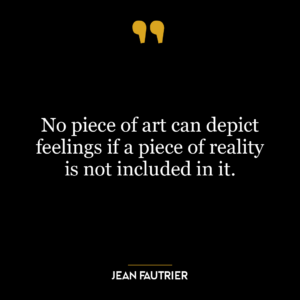This quote emphasizes the importance of paradoxes in intellectual thought and feelings in love. In the first part, the thinker without a paradox is likened to a person who lacks depth and complexity in their thinking. A paradox, which is a statement that contradicts itself yet might be true, encourages deep, critical thinking and pushes boundaries of conventional wisdom. Without it, a thinker’s thoughts might be too simple, predictable, or shallow – a mediocrity.
The second part of the quote uses the metaphor of a lover without feeling, which is a person who engages in a relationship without emotional investment. Like the thinker without a paradox, this lover would be mediocre because they lack the depth, passion, and complexity that feelings bring to a relationship.
Applying this idea to today’s world, we could say that it encourages us to embrace complexity, uncertainty, and deep emotions. In an era where oversimplification and emotional detachment are often promoted, this quote challenges us to engage more profoundly with the world around us and within us.
In terms of personal development, this quote could inspire us to cultivate our critical thinking skills and emotional intelligence. It suggests that to avoid mediocrity, we should not shy away from paradoxes or complex emotions but rather, seek them out and explore them. By doing so, we enrich our understanding of the world and ourselves, leading to personal growth and development.





